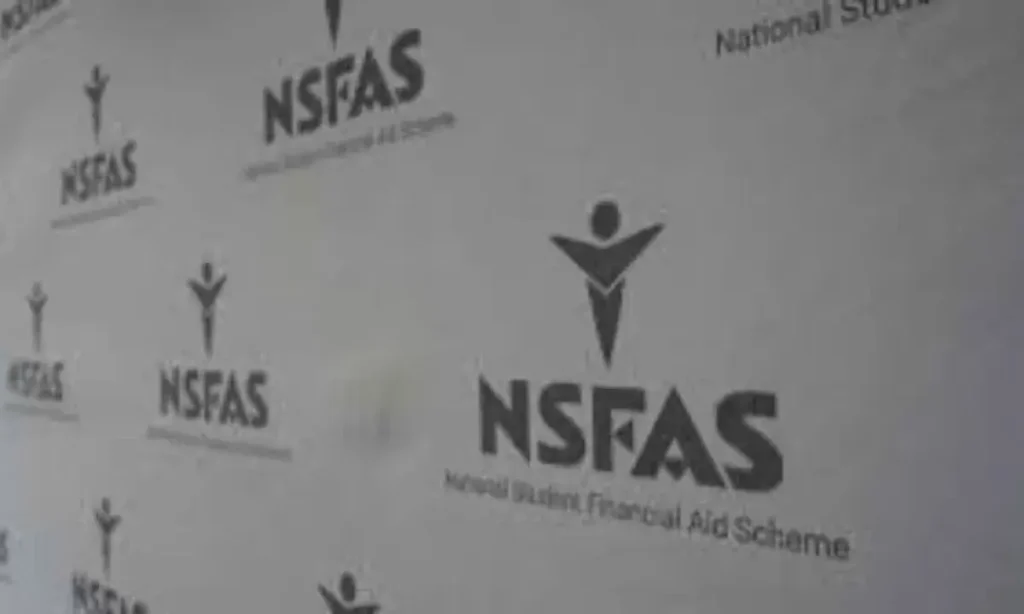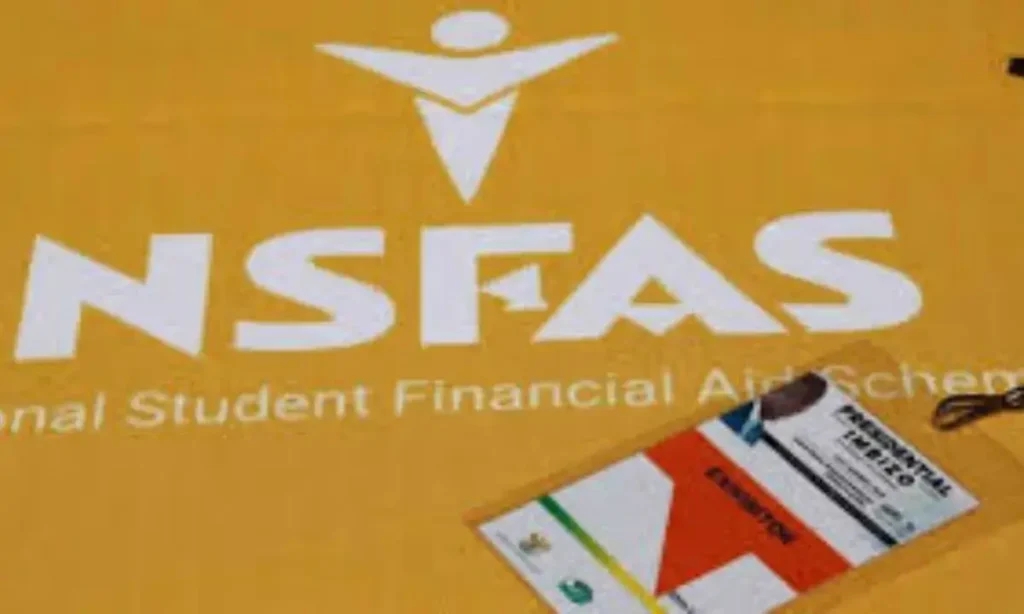When your National Student Financial Aid Scheme application is rejected, don’t lose hope. The appeal system provides an opportunity to reverse this decision and secure the financial support you need for your higher education journey in South Africa. This comprehensive guide walks you through the entire NSFAS appeal process for 2025, offering strategic advice to maximize your chances of success.
Table of Contents
The Appeal Submission Process: Step-by-Step
The appeal procedure involves several critical stages that must be followed precisely:
- Log into Your Account
- Visit the official NSFAS website (nsfas.org.za)
- Sign in to your personal myNSFAS portal
- Review Your Application Status
- Select “Track Funding Progress”
- Examine your application progress tabs
- Look for the “Submit Appeal Tab” if your status shows as unsuccessful
- Begin Your Appeal
- Click the “Submit Appeal Tab”
- Read the specific reasons your application was rejected
- Craft Your Appeal Statement
- Write a clear explanation addressing the rejection reasons
- Be concise yet thorough within the 1000-character limit
- Focus on facts and circumstances relevant to your case
- Provide Supporting Evidence
- Use the “Upload Supporting Documents” function
- Submit up to 5 certified documents that strengthen your case
- Ensure each document is properly labeled and directly relevant
- Finalize Your Submission
- Review all information for accuracy
- Submit your completed appeal
Who Can Appeal?
New applicants may appeal rejections based on:
- Insufficient application information
- Financial ineligibility
- Academic ineligibility
Continuing students may appeal rejections due to:
- Financial ineligibility
- Academic ineligibility
Important limitation: Students who have exceeded their N+2 allowance (or N+3 for students with disabilities) cannot appeal. This refers to the standard degree completion timeframe plus additional grace years.
Documentation Requirements by Appeal Reason
| Appeal Reason | Required Supporting Documents |
|---|---|
| Existing Qualification | Registration proof for NSFAS-funded postgraduate qualification |
| Income exceeding R122,000 (first registered before 2018) | Current household income verification (business letterhead/affidavit), retrenchment documentation, termination notice, divorce decree, or parent/guardian death certificate |
| Income exceeding R350,000 | Current household income verification (business letterhead/affidavit), retrenchment documentation, termination notice, divorce decree, or parent/guardian death certificate |
| Income exceeding R600,000 (applicants with disabilities) | Current household income verification (business letterhead/affidavit), retrenchment documentation, termination notice, divorce decree, or parent/guardian death certificate |
| N+2 rule exceeded (non-senior students) | Complete academic record and detailed motivation letter |
| Home Affairs validation failure | Certified copies of IDs (applicant, parents) not older than 3 months |
| Returning student appeals | Contact financial aid office directly (myNSFAS portal appeal not required) |
Why Applications Get Rejected

Understanding common rejection reasons helps prevent future issues:
Academic Performance Issues
NSFAS maintains minimum academic requirements to ensure financial support goes to students demonstrating potential for success. Your grades must meet these standards for continued eligibility.
Application Gaps
Missing information or incomplete documentation significantly impacts your chances. Every section must be completed and all required supporting documents attached.
Data Inaccuracies
Errors or false information can result in immediate rejection. Verify all personal, financial, and academic details thoroughly before submission.
Missed Submission Deadlines
Late applications are automatically rejected. Always submit well before deadlines to avoid technical issues or other delays.
Eligibility Criteria Failures
Not meeting fundamental requirements like citizenship status or financial thresholds will lead to rejection. Familiarize yourself with all eligibility criteria before applying.
After Submission
NSFAS aims to process appeals within 30 days. Ensure you provide a valid email address as this will be used for notification of the outcome.
Frequently Asked Questions
Can I submit multiple appeals?
Yes, if your first appeal is unsuccessful, you may submit another. Address any weaknesses in your initial appeal.
How long does appeal processing take?
While timeframes vary, NSFAS typically resolves appeals within several weeks to a few months.
What if my appeal fails?
Explore alternative funding sources such as private scholarships, student loans, or other financial assistance programs.
Can late application rejections be appealed?
Generally no. NSFAS rarely accepts appeals for missed application deadlines.
Is there a required appeal letter format?
While no specific format is mandated, present your case clearly and logically, focusing on addressing the rejection reasons.
The NSFAS appeal process offers a valuable second chance for funding in 2025. By understanding rejection reasons, preparing a compelling case, and supplying appropriate documentation, you can significantly improve your prospects of securing the financial assistance needed for your educational journey.
Meta Description (120 characters):
Complete guide to NSFAS appeals 2025: process steps, required documents, and tips to successfully overturn your funding rejection.
Focus Keyword: NSFAS Appeal 2025

